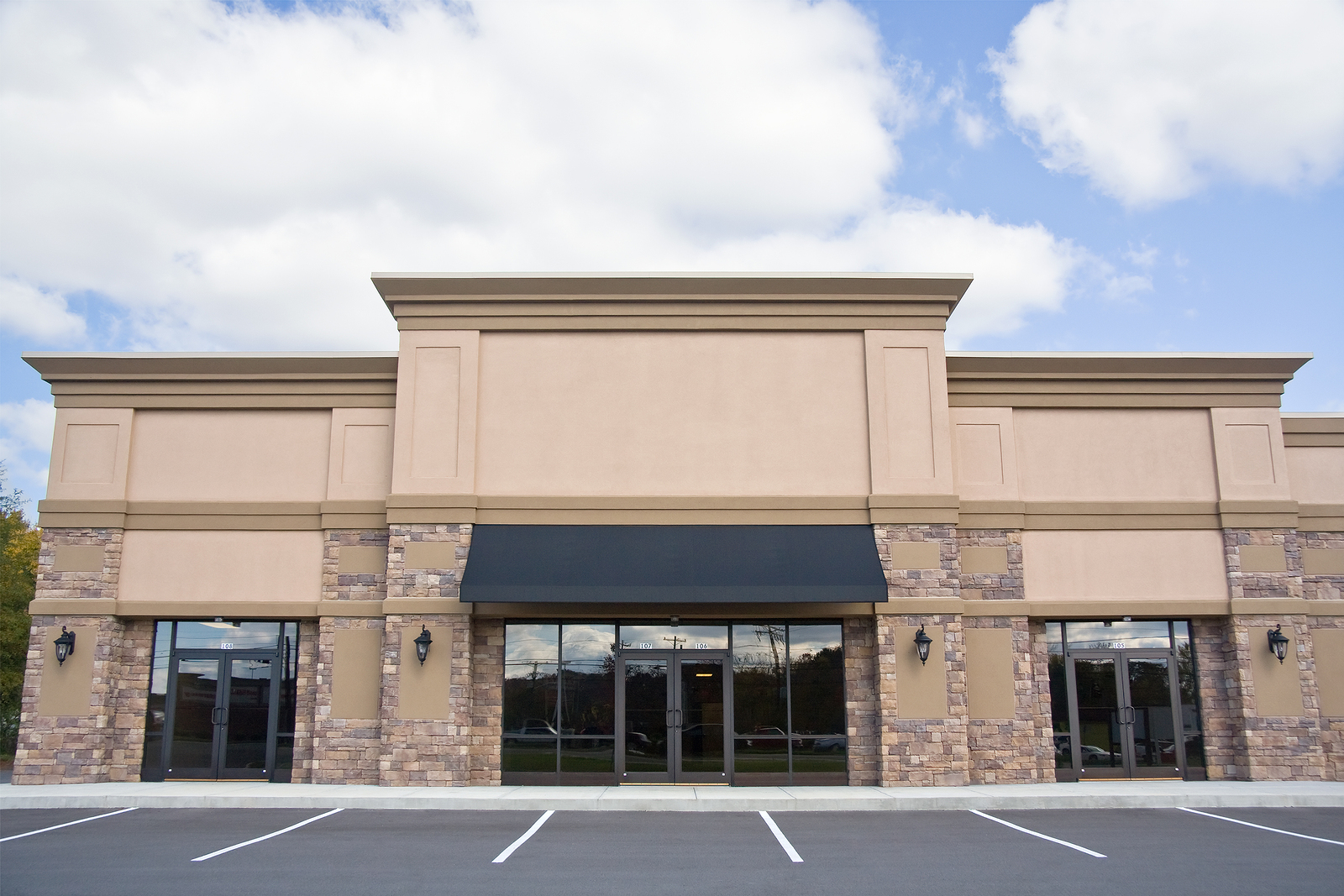During the winter months, millions of people flock to stores to spend their hard earned money. This is a very promising time of the year for business owners. Yet, with more and more customers in a store, there is an increased risk of injury to a customer. Therefore, if you are a business owner in Kentucky, it is important that you know and understand Kentucky’s premises liability law to best protect yourself from a lawsuit. This post will delve into this concept.
Kentucky’s Premises Liability Law
Basically, if a person (“Plaintiff”) is injured on your property, Plaintiff must be able to prove negligence via premises liability law. A successful negligence liability case in Kentucky requires the showing, by a preponderance of the evidence, of five elements:
- Plaintiff must prove the property owner owed a duty to protect Plaintiff;
- Plaintiff must prove the property owner breached such a duty;
- Plaintiff must prove this breach was the actual cause of Plaintiff’s injury;
- Plaintiff must prove this breach foreseeably led to the injury; and
- Plaintiff must show his or her damages/injury.
From here, if you are a business owner and a person is injured on your property, for that person to establish the first two elements of negligence, they must use Kentucky’s premises liability law. Essentially, if a person is shopping in a store, or even “window shopping”, Kentucky law will deem such a person an invitee. Per Kentucky law, an invitee is a person who is invited to enter one’s property, either expressly or implicitly, for the mutual benefit of that person and the property owner. A common example of an invitee is a business customer. In regards to invitees, property owners owe them a duty of reasonable care for their safety. Thus, the property owner must warn, or protect, the invitee from dangers that the invitee is unlikely to discover.
How to avoid a possible Lawsuit
It is very important that business owners take precautionary measures to prevent customers from being injured. Here is a non-exclusive list of such precautionary measures:
- Assign a group of employee to assess possible risks and solutions to such risks;
- Always make sure merchandise is secure on shelves;
- Always make sure floors are clear of liquids, especially slippery substances;
- Always make sure security cameras are properly working;
- Always make sure the store, and areas outside your store are properly lit;
- Always make sure, during rain showers or storms, that you place caution, slippery floor signs, inside all entrance doors to your store;
- Always make sure to lock the store’s doors after business closing;
- Always place warning signs on hot or potentially hot objects; and
- Always take adequate security measures if your store is a high-crime area.
Again, this list is not exclusive. As noted above, if a person is in your store, even if you are not intending on buying anything, they may be contemplating a future purchase, and the law deems them an invitee. Thus, you owe that person a duty of reasonable care. Reasonable care requires you to engage in the above safety precautionary measures and other precautionary measures that your store or situation may require.
Contact A Personal Injury Attorney
While this post is intended to help business owners prevent accidents on their premises, accidents and injuries still occur. If you have been injured on the premise of a business, contact Roberts Law Office today for a free consultation.

